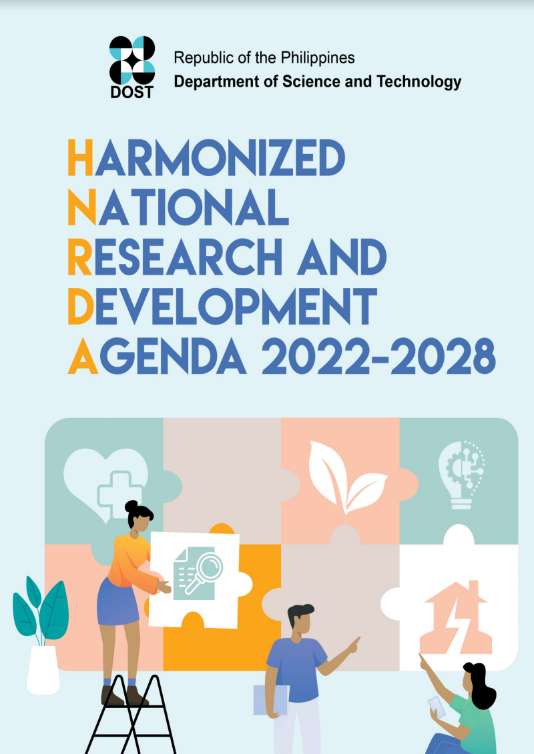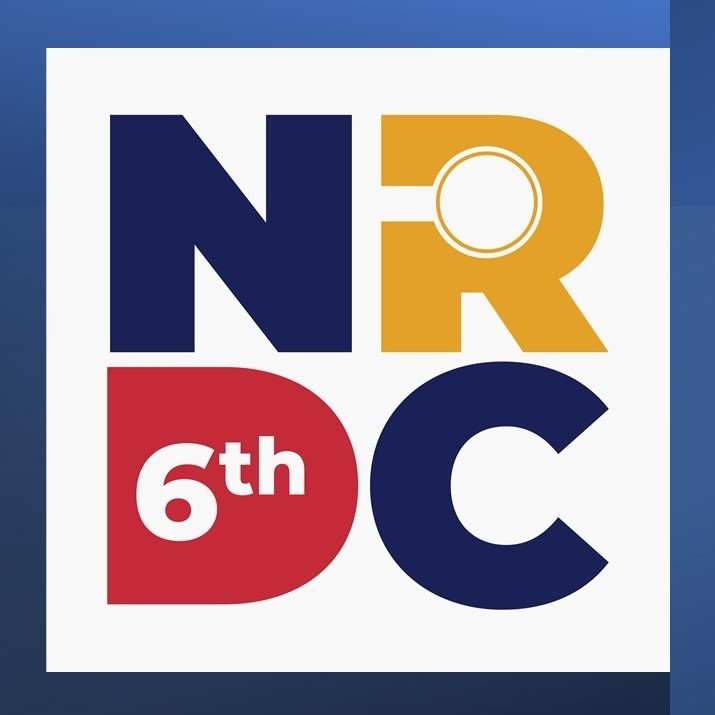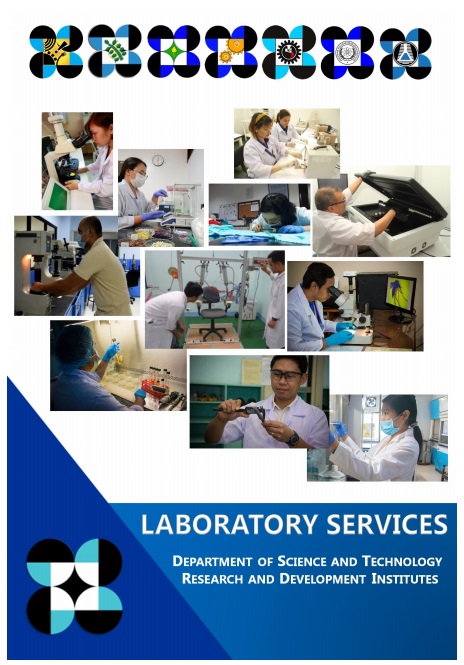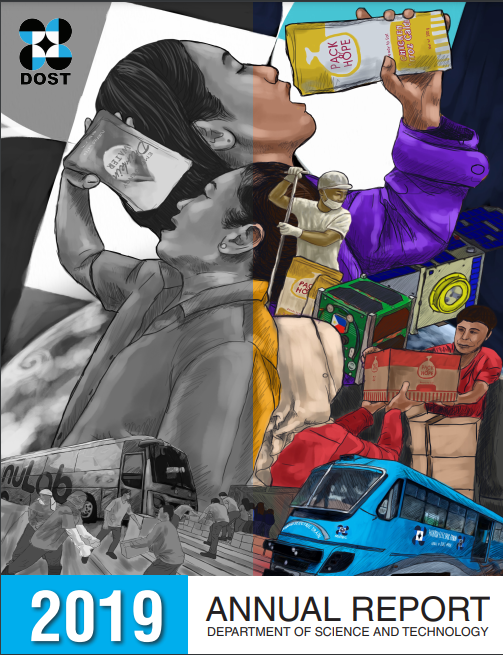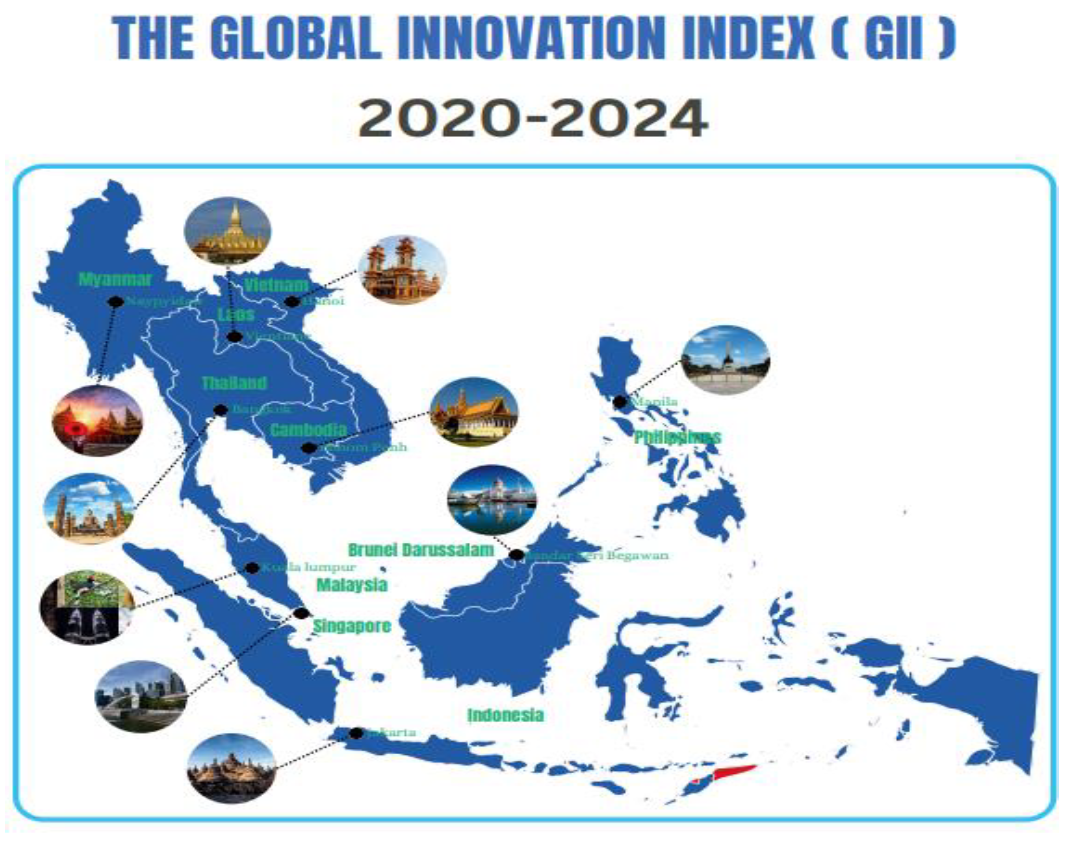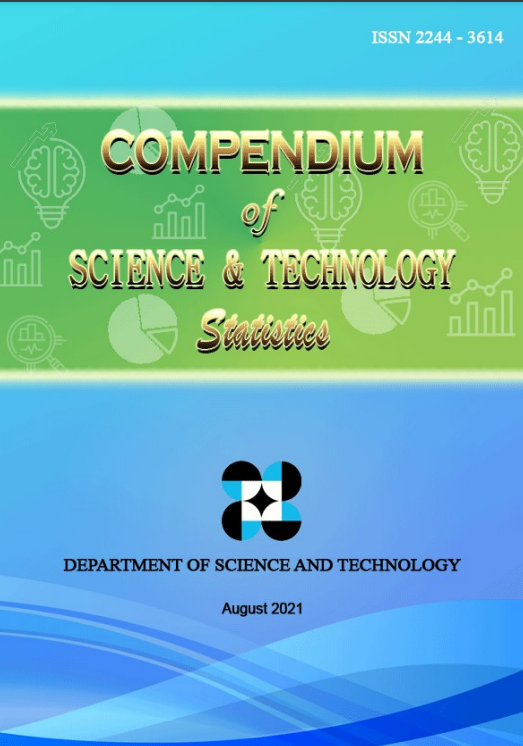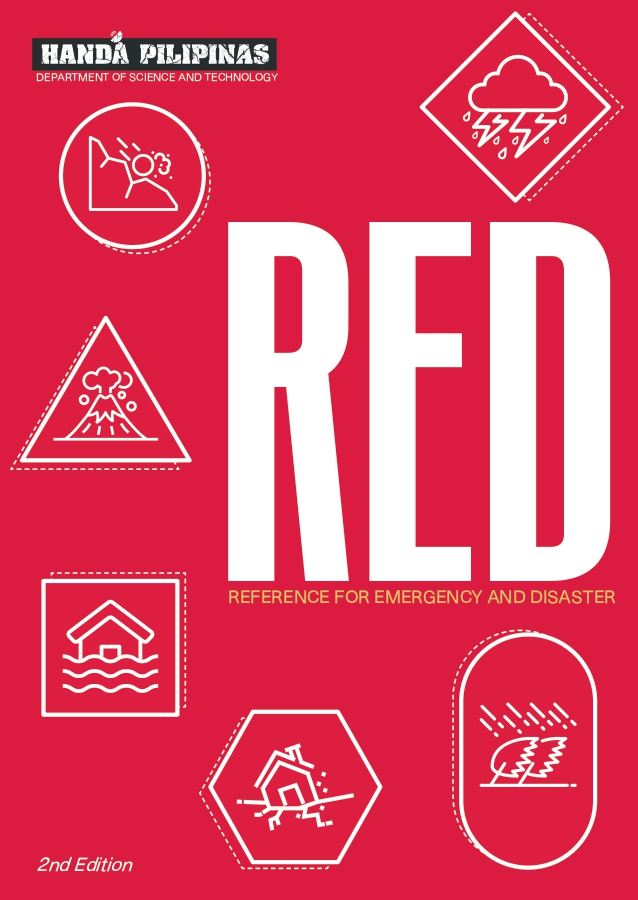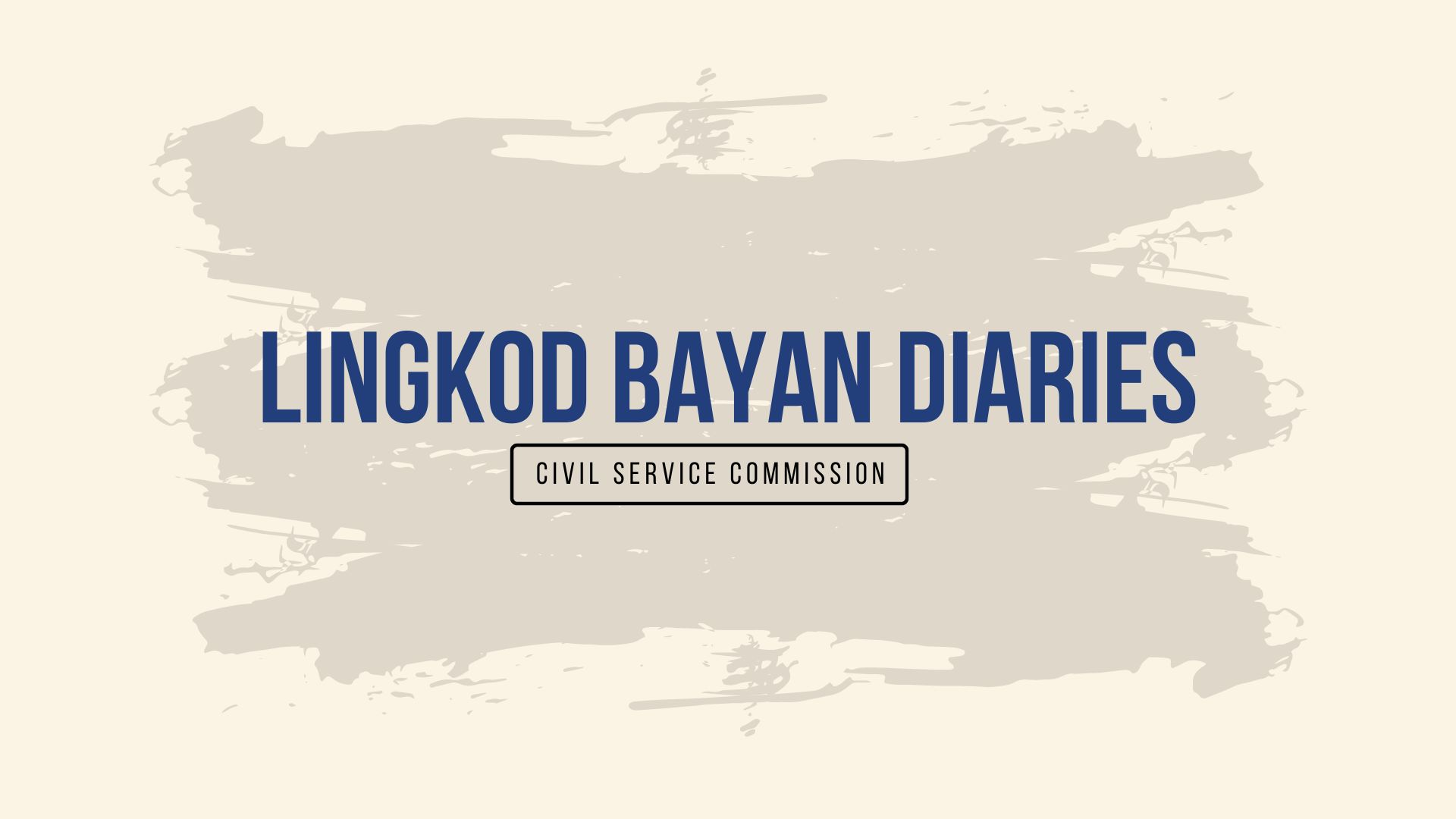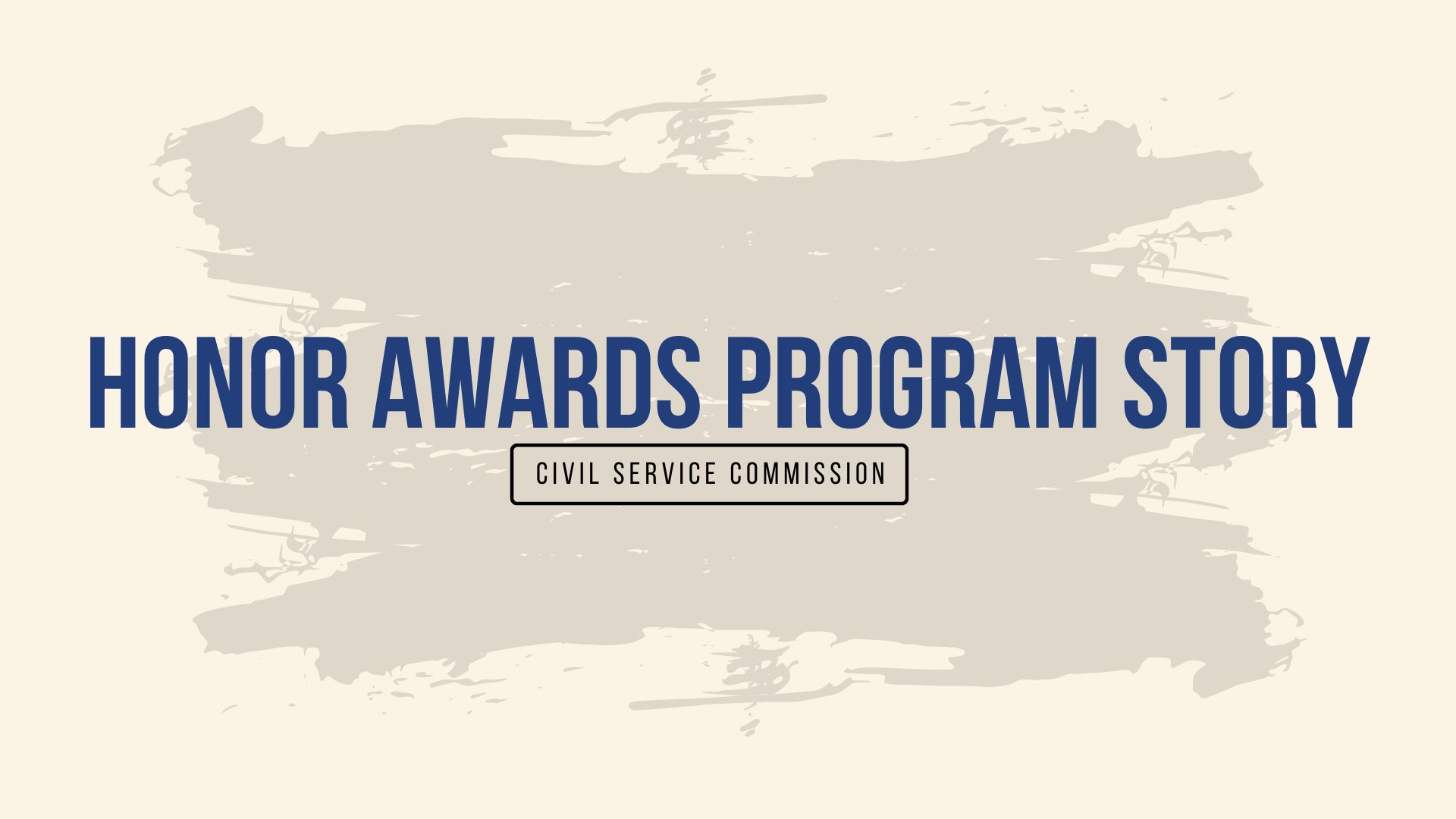VISAYAS S&T FAIR PRESS CONFERENCE
- Details
- Hits: 5642

Department of Science and Technology (DOST) Assistant Secretary for Strategic Plans and Programs Engr. Robert O. Dizon (third from left) announced to the iloilo-based media that DOST will establish in each region of the country at least one Food Innovation Center that will provide new equipment and extensive trainings on food processing, among others. This was held during the press conference of the recently-held 2013 Visayas Science and Technology Fair at SM Iloilo City. Also in photo are (from left) Jeffrey Perez of Philippine Institute of Volcanology and Seismology , DOST IV Regional Director Rowen Gelona, Technology Application and Promotion Institute Director Engr. Edgar Garcia and DOST VIII Regional Director Edgar Esperancilla. Currently, the Mindanao Cluster Fair is ongoing at the Almont Hotel's Inland Resort in Butuan City and will run from Nov. 6-10. (Photo and text by Allan Mauro V. Marfal, S &T Media )
DOST installs additional rain gauges in flood-prone CAMANAVA
- Details
- Hits: 547731
To address the perennial flooding in the CAMANAVA (Caloocan, Malabon, Navotas, Valenzuela) area, the Department of Science and Technology (DOST) installed additional automated rain gauges (ARGs) in the past months through its National Capital Region (NCR) office. The installation is part of the initiative for emergency distribution of hydrometeorological devices in hard hit areas in the country.
Rain gauge is a weather instrument used by meteorologists and hydrologists to measure the amount of rain in an area over a certain period. The rain gauges were installed in Mapulang Lupa, Pleasant View Subdivision in Barangay Bagbaguin and at the Smart cell site 2 at Gen. T. de Leon. Two more ARGs were put up in Dampalit Elementary School in Malabon and at the Smart cell site 3 in Caloocan City.
CAMANAVA, having a lower elevation compared with other cities and municipalities in Metro Manila, is prone to constant flooding. In fact, the occurrence of high tide also contributes to flooding even without weather disturbances.
DOST’s water hyacinth dryer helps Cainta women weave better lives through handicrafts
- Details
- Hits: 10075
A livelihood cooperative specializing in water hyacinth products can expect more productivity after receiving a water hyacinth dryer developed by Department of Science and Technology’s Forest Product and Development Institute (DOST-FPRDI).
The Rizal-based Bangon Kababaihan Bagong Cainta (BKBC) cooperative acquired the dryer through “Shared Service Facility” project of the Department of Trade and Industry (DTI) - Region IV-A in a turnover ceremony held recently at the BKBC Livelihood Production Center.
“The local government of Cainta recognized the need to harvest the thick patches of water hyacinth in the Manggahan floodway that regularly cause severe flooding in their area,” said Ms. Grecelda A. Eusebio, Chief of FPRDI's Business Development and Intellectual Property Section.
“The collected plants are dried and processed into bags, wallets, home accents and other handicraft products by the women of BKBC,” Eusebio added.
The dryer shortens drying time of water hyacinth stalks from several days to only a few hours, thus lessening the risk of fungal attack. It enables small and medium enterprises to sustain and even increase production as the equipment makes drying possible even during the rainy season.
“Using the dryer, the cooperative can dry as much as 5,000 water hyacinth stalks a day. This is a welcome development since the BKBC supplies dried stalks to La Casa Décor, a company that exports water hyacinth wall coverings to 45 countries, including Canada and the United States,” explained Ms. Wency H. Carmelo of FPRDI’s Technology Innovation Division.
Among those present during the turnover were FPRDI Deputy Director Felix B. Tamolang, DTI Region IV-A Director Marilou Toledo, former Cainta Mayor Mon Ilagan, BKBC head Veronica Ilagan, and representatives from the Villar and Meralco Foundations.
DOST’s water hyacinth dryers have already benefitted several groups. Among them are the Taguig-based Kabuhayan ng Mamamayan Producers’ Cooperative in 2011, and the Pasig City Jail in 2012 for its livelihood program for inmates and locals.
Aside from developing the dryer and giving technical assistance to adopters, the DOST-FPRDI also conducts training courses on water hyacinth processing and treatment. Several groups of women and out-of-school youth, mostly from poor communities near Laguna Lake, have benefited from these courses.

From pest to pesos: Water hyacinths are woven into handicraft items by members of BKBC
DOST to hold 3rd National Halal Forum
- Details
- Hits: 6112
The Department of Science and Technology (DOST) through its Region 12 office will hold for the third time the National Halal Forum in Manila as part of the government’s efforts to develop the halal economy in the country and crack into the multi-billion global halal market.
Dr. Zenaida P. Hadji-Raof Laidan, DOST-12 Regional Director, said that the Philippines, though a non-Muslim country, has the strategic potentials and the availability of raw materials and manpower to break into the lucrative global halal industry.
Hundreds of international and local halal experts and industry stakeholders are expected to participate the 3rd National Halal Forum that has the theme “Development of a Halal Economy: Role of Science, Technology and Innovation” on October 29-30, 2013 at the Makati Shangri-La in Metro Manila.
“The event will also serve as avenue for discussion and deliberation of national concerns and plans on halal and of government agencies’ programs and projects on halal,” Dr. Laidan, a Muslim scientist, said. “It will also help strengthen innovation among key players in the whole spectrum of the halal industry to sustain its development
The Philippine Science and Technology Program for the Development of the Halal Industry was launched in 2008 with DOST-12 as the lead agency in advancing the program.
Among DOST’s initiatives in pushing the Philippine halal industry include the establishment of a halal laboratory in Cotabato City which is equipped with state-of-the art equipment and facilities; the on-going construction of the bigger Philippine National Halal Laboratory and Science Center in Koronadal City; assistance to Small and Medium Enterprises for product development and process improvement thru the provision of equipment and technologies; human resource development; and halal ICT development.
The initiatives to establish these halal facilities will enable the Philippines to immediately start certifying food manufacturers, especially the large, small and medium enterprises that aim to tap the growing global halal market, Dr. Laidan said.
As part of its continuing halal advocacy, the DOST-12 had conducted the 2008 and 2009 National Halal Fora to encourage more local players in the halal industry, she added.
Dr. Laidan stressed that the country needs to ensure the credibility and quality of its export products to enter the global market.
Ensuring the credibility of our halal products can be done only through rigid scientific and technological assessment in adherence to Islamic standards, Dr. Laidan noted.
Adopting halal requirements in terms of religious aspect alone does not necessarily ensure the food products’ quality and integrity. Testing the food if it is free from haram contamination can be done only through scientific and technological methods, she explained.













